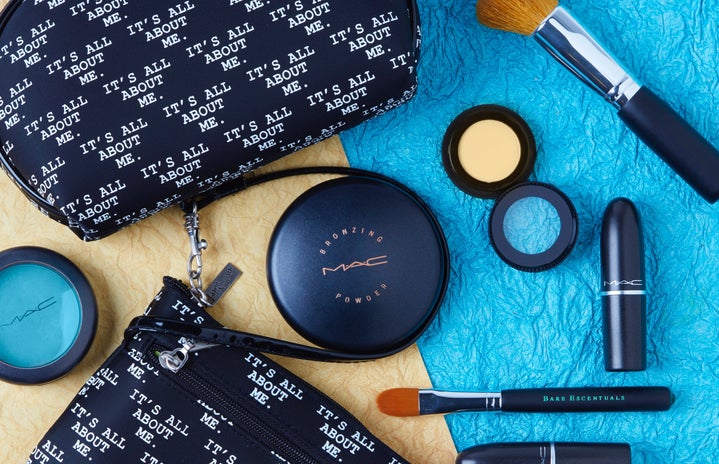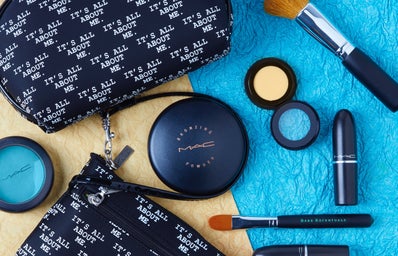We’ve all heard it before: “when you eat good, you feel good.” But did you know that eating well can help your complexion look better too? Dermatologists have found that a healthy, well-balanced diet can lead to a significant reduction in acne and keep your skin fresh and youthful. Many dermatologists suggest regularly consuming fresh, nutrient-rich foods such as leafy greens, berries, and salmon, can lead to significant improvements in the quality of your skin, whereas diets high in sugar and trans-fats often are the cause of problems like acne, oily skin and clogged pores. So what nutrients should you be feeding your skin?
Vitamin A has healing powers
Found in leafy greens, bell peppers, and fish, vitamin A serves several purposes in improving your skin. Not only does it provide your skin with antioxidants that help regulate the skin cycle and keep your pores clear, but it also assists in collagen production, which helps heal dry, damaged skin and prevent wrinkles. This nutrient also helps keep your skin hydrated, which will give it a fresh, youthful appearance.
Vitamin C fights off free radicals
Oranges are probably the most well-known source of vitamin C, but that doesn’t mean they’re the only source! Eating just one medium-sized kiwi can give you a full serving of vitamin C for the day, and provide your body with antioxidants that can help heal sun-damaged skin. Vitamin C promotes collagen production, just like vitamin A, and some studies suggest it can assist in boost the skin’s defense against free radicals.
Related: What To Eat To Beautify Your Hair, Skin and Nails
Vitamin E will hydrate and renew your skin
Found in nuts, seeds, and green veggies like broccoli, vitamin E helps protect the skin from free radicals and repair damage. If you have dry, flaky skin or acne scars, vitamin E can help with that too — it promotes the regeneration of new skin cells, lightening scars and can help cells restore lost moisture. As an additional bonus, it can work with vitamin C to provide protection against UV light.
Omega-3 fatty acids can turn back time
Because Omega-3s are fats, they’re able to help protect the membranes of your skin cells and strengthen their barriers, keeping moisture in and toxins out. Improving moisture content of the skin will also help reduce the chances of wrinkles, and give your skin a smoother, fresher look. [This would be another great place to put an expert source (once to get them) because this will help back-up this resourceful info.] Many people who consume omega-3 fatty acids regularly also found that it can help reduce inflammation and redness of the skin, as well as treat blemishes and eczema!
Related: 4 Ways Your College Lifestyle Is Ruining Your Skin (& How To Fix It)
Zinc can boost skin regeneration
Although people only need to consume about 8-11 mg of zinc per day, that small amount packs a powerful punch in the fight against acne and wrinkles and can help heal acne scars. Oysters are extremely high in this particular mineral—just two shells provide a full daily dose. If oysters aren’t to your liking, don’t worry: poultry, nuts and whole grains are also rich in zinc and are easy to work into your diet.
A healthy diet alone won’t bring you perfect skin overnight, but it can definitely go a long way towards achieving your goal of having healthy skin, as well as help you have an overall healthier lifestyle. Indulge in comfort foods like cookies or chips every now and then, but keep your focus on healthy foods that have had minimal processing and are rich in the vitamins above, and you’re sure to get the beautiful glow you want. And remember, don’t focus on getting skin that looks exactly like someone else’s — your skin is yours, and it’s beautiful in its own unique way. Focus on developing a diet that makes you feel good inside and out.


